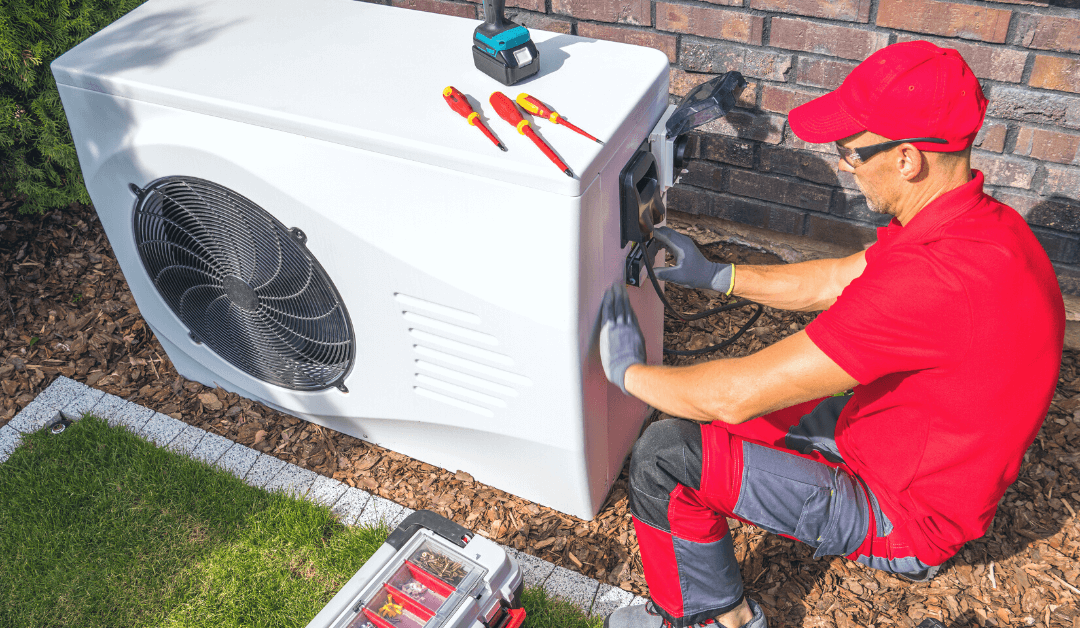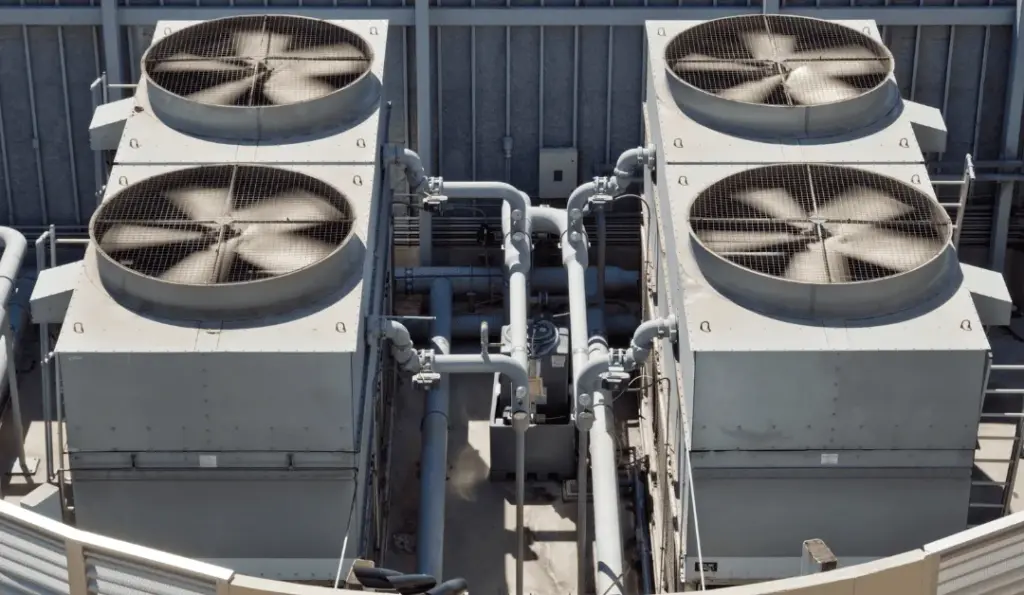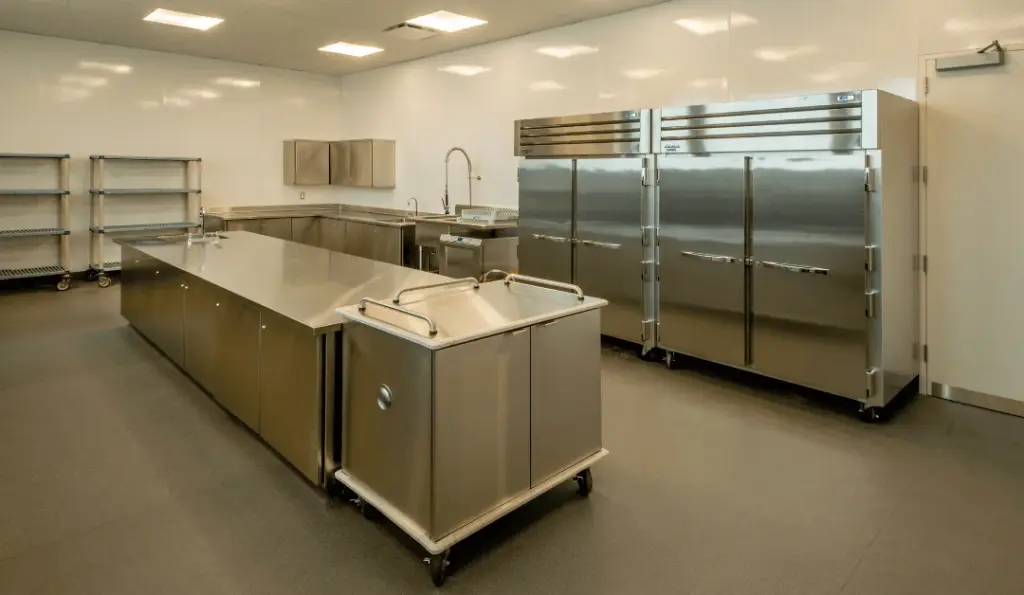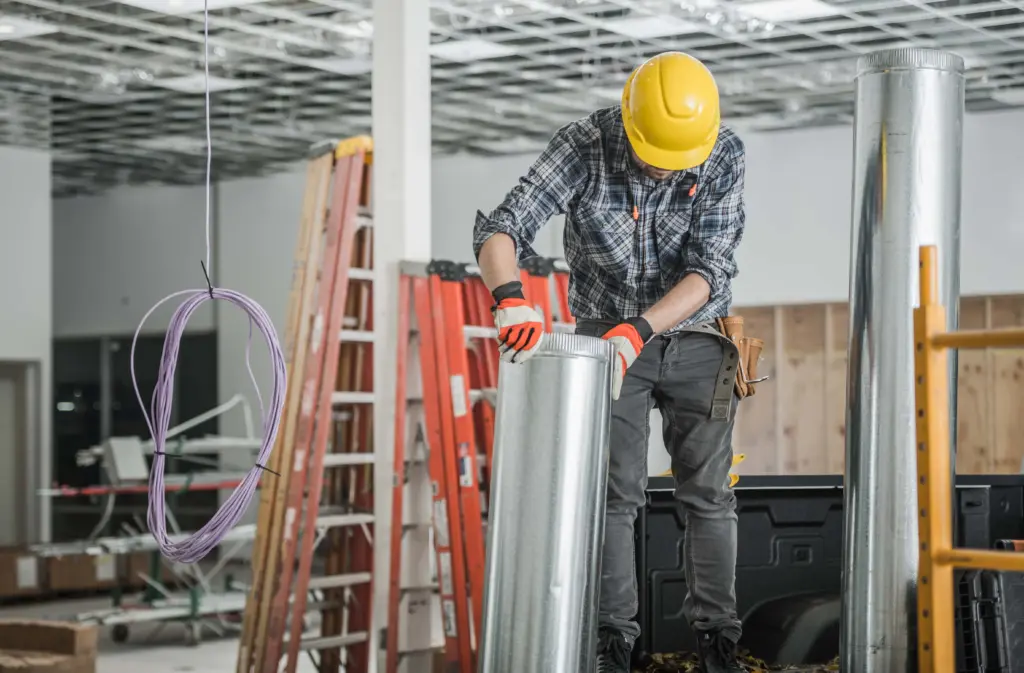Maintaining the temperature in your commercial building is crucial to employee and guest comfort, and depending on what kind of business you’re running, keeping a building cool or warm could be imperative to daily operations.
Your building’s HVAC System does more than heat or cool the environment. It also helps control humidity and air quality. But now how do these complex units actually work and function? The answer is, it can vary depending on the type of unit you have and business you run. Keep reading to learn more with Service Tech HVAC.
How Do Commercial HVAC Units Function?
For heating, most commercial HVAC systems include heat pumps that extract heat from the water or air. If you have a unit being sourced by water, these units contain pipes that carry water throughout the building. Heaters within commercial HVAC systems come in either radiant heaters that utilize infrared radiation and furnaces that burn fuel- usually natural gas- to heat air within the building.
To cool air in a commercial building, air conditioning and refrigeration technology combine together to remove heat through the air. There are air and water-cooled systems available that will not only lower temperature, but maintain adequate humidity levels.
Humidity controls in a commercial space are vastly different from residential spaces. In a residential home, usually a standard air conditioner and maybe an additional dehumidifier can handle the job. With commercial spaces, the HVAC system must be designed with enough dehumidification power to remove condensation, external humidity and infiltration through building envelope damage. Controlling humidity is important for comfort and keeping equipment free from damage.
What Kind of Commercial HVAC Systems are Available?
In the United States, most commercial buildings use one of these three main types of units:
- Centralized– this unit is similar to what you’d see in a single-family residential home. A centralized HVAC unit is a singular unit that supplies the heating and cooling needs of the building. These systems mostly use water as the cooling medium and have extensive ductwork for air distribution. These units can manage a high load and are easy to control. However, they can be expensive to repair and replace.
- Packaged- package units contain both the heating and cooling elements in one unit. You can find this type of unit in buildings where there is not a lot of space for two separate units.
- Individual- these also may be called decentralized systems. These units provide heating, cooling and ventilation by using multiple individual units in different locations of the building. Think of an apartment, office building or condominium building. They may be easy to control and offer independence, but are not recommended for larger commercial buildings.
Which Type of Commercial HVAC Unit Do You Need?
Commercial HVAC units are not a one-size-fits-all item. Your unique business needs should influence which type of unit you choose. A restaurant with a kitchen and dining room could require two different temperatures to maintain guest and employee comfort. A small clothing boutique will not need extensive ductwork with multiple control points. An apartment building would not be a great place to live with one unit for multiple apartments.
That’s where a professionally crafted HVAC plan comes into play. An experienced tech can calculate how many BTUs you will need to properly heat and cool a room based on your business goals and building layout. They will also help you decide which commercial HVAC brands work best for your business.
Service Tech HVAC: Your Partner in Commercial HVAC
Having a properly cooled or heated space is crucial to your business whether you are the building owner or the business owner. When you have a commercial HVAC need, the professionals at Service Tech are ready to help. Our crew is standing by 24/7 to get your business back in business. Call us today or set up an appointment online to discuss your commercial HVAC needs.





